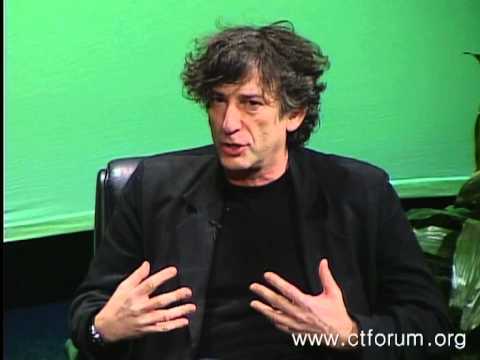4 Happiness Rituals: Gratitude, Labels, Decisions, and Hugs
Chuk Campos stashed this in The Nature of the Beast
Stashed in: #happiness, Gratitude, Practice, Emotion, Decisions, Hugs!, @bakadesuyo, Awesome, Buffer, Happiness, Gratitude, Rituals, Cognitive Bias, Habits!
Here's what brain research says will make you happy:
- Ask "What am I grateful for?" No answers? Doesn't matter. Just searching helps.
- Label those negative emotions. Give it a name and your brain isn't so bothered by it.
- Decide. Go for "good enough" instead of 'best decision ever made on Earth."
- Hugs, hugs, hugs. Don't text — touch.
Gratitude, labels, decisions, and hugs. Got it.
(By the way the woman in that photo does not look happy. She seems concerned. This woman from the same article seems happier... Edited out duplicate pic.)
Excellent point.....
We could always switch pictures... :)
Works for me.....maybe there will be more interest now! :o)
Haha, I hope so. :)
I keep a gratitude list. Works! Now to add something else to the arsenal.
To reduce arousal, you need to use just a few words to describe an emotion, and ideally use symbolic language, which means using indirect metaphors, metrics, and simplifications of your experience. This requires you to activate your prefrontal cortex, which reduces the arousal in the limbic system. Here's the bottom line: describe an emotion in just a word or two, and it helps reduce the emotion.
Describing an emotion reduces that emotion. Good to know.
Does that happen for positive emotions too?
Our brains have defaults. It seems that positive emotions could use a boost and negative ones need a damper:
In fact negative impact of setbacks in your work is three times as powerful in affecting motivation than positive progress. It’s just easier to remember the bad stuff that has happened to you during the day than the good.
So why is it, that our brains have a such a negativity bias? The reason is quite simple: They’re actually wired to pay more attention to negative experiences. It’s a self-protective characteristic. We are scanning for threats from when we used to be hunter and gatherers. But such vigilance for negative information can cause a narrowing, downward spiral and a negative feedback loop that doesn’t reflect reality.
https://blog.bufferapp.com/how-to-rewire-your-brains-for-positivity-and-happiness
That self protection reason makes a lot of sense why we want to listen to bad.
We're just not wired to deal with bad a lot if the time.
Gratitude list gets another mention:











1:03 PM Jul 17 2016